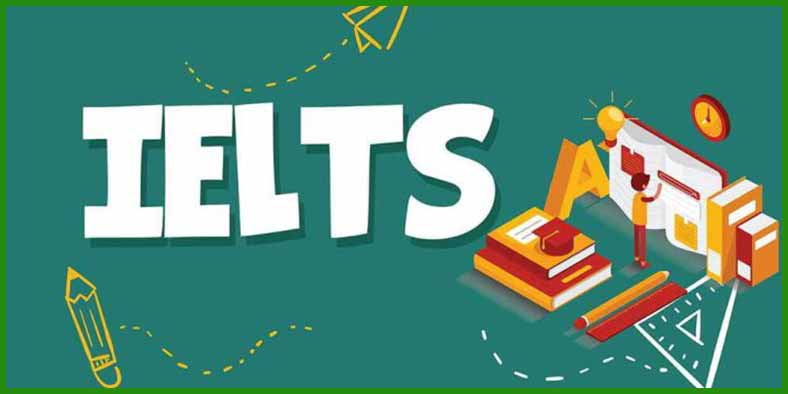The International English Language Testing System (IELTS) is the most extensively used and acknowledged English exam in the world. A high IELTS score necessitates a thorough comprehension of the test as well as constant practise. This post will provide you with some simple ideas and strategies to assist you achieve a high IELTS Pakistan exam result.
IELTS is an English language assessment test for people who want to travel abroad for higher education, work, or migration. The four language abilities of hearing, reading, writing, and speaking are used to evaluate the candidate’s English language ability.
Format of IELTS in Pakistan
IELTS assessments are divided into two categories: Academic and General Training. Reading, writing, hearing, and speaking are the four sections of both.
The academic test’s reading and writing components differ from the general test’s.
The reading, writing, and listening tests must all be taken on the same day, however the speaking portion can be scheduled for later in the day or within seven days of the test.
Scores of the bands
The test is graded on a 9-band scale for each section. In each section, candidates are graded on a scale of 1 to 9, and the overall band score is obtained by adding the average marks from all four sections and rounding to the closest whole or half band.
How to Get a Good IELTS Score in Pakistan
The candidate’s competence level in the English language impacts his or her band score on the IELTS.
Here are some suggestions for improving your IELTS score:
Listening in IELTS
- Practice all of the test questions, including multiple-choice, labelling, and matching.
- Before you listen, read the questions. To read the questions ahead of time, you’ll have about 30 to 60 seconds.
- Pay close attention to the audio instructions and keep in mind the word restriction.
- Make no educated guesses or rely on prior knowledge.
- Negative terms such as not, no, and never, as well as similar-sounding words, previously mentioned words, and synonyms, should be avoided.
- Check your answers within 30 seconds of the allocated pause time after each section.
- In your answers, use proper grammar and spelling.
IELTS Reading Comprehension
- Use reading tactics including intensive reading, skimming, and scanning to improve your reading skills.
- Practice reading long texts from several subject areas before taking the test.
- When it comes to reading, time management is crucial. The easiest passage is usually the first, and the most difficult is usually the third.
- Attempt to read 50 words in one minute.
- In the reading text, underline important details and make notes.
- If you can’t find an answer to a question, don’t waste too much time looking for it. Continue on to the next question. At the end, you’ll be able to figure out the answer.
Tasks for IELTS Writing
- To do well in the writing section, you must have excellent grammar.
- Use compound sentences, modal verbs, question phrases, and conditional statements in your writing.
- Strike a balance between the ‘variety’ and ‘accuracy’ of sentences for a high band score.
- Analyze each task thoroughly and highlight relevant terms.
Speaking in IELTS
Practice speaking English as much as possible.
- Read English books and documentaries, as well as watch English documentaries and shows.
- Use neutral tones when speaking, as this is a formal speaking test. Do not speak quickly, be nice and open, be honest, and smile.
- Make an effort to provide in-depth explanations that are pertinent to the issue.
- You should speak smoothly, confidently, and without hesitation, according to the examiner.
- Make your answer as complicated as possible, utilising difficult vocabulary and grammar that is both cohesive and correct.
- If you don’t understand a question, ask the examiner to repeat it or clarify it.
- Preparation for the International English Language Testing System (IELTS)
- The following are some broad techniques to help you master the IELTS exam:
- Make a study schedule that you can stick to.
- Listening to podcasts and reading newspapers or internet articles can help you improve your vocabulary, grammar, and communication skills.
- The secret to success is practise. As a result, put forth the most effort into practising and preparing for your IELTS exam.
- In order to ace the test, you must be able to manage your time effectively. While training, keep track of your time.
If you have any questions, feel free to post them in the comments area.

